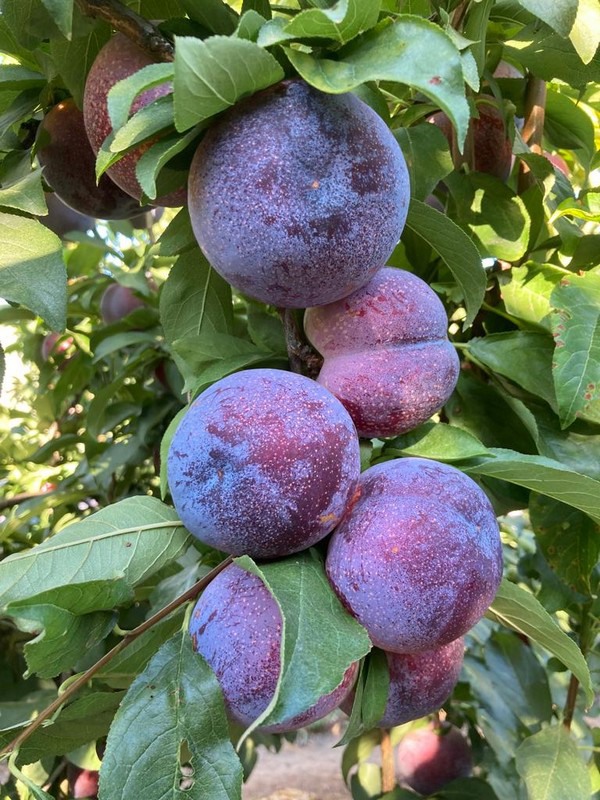While the peach and nectarine campaigns are heading towards their end in the Spanish region of Extremadura, the plum season is now underway with fewer kilos than initially expected, said Antonio Pereira, of Sol Badajoz. "We thought the volumes were going to be lower only for the May and June varieties, but eventually, the mid-season and late varieties have yielded similar results."

"When we were hit by frosts in April, we thought that the damage had been limited to the early and extra-early varieties, but as time passed, it became clear that the rest had also been affected. In fact, it has been noticeable throughout the entire campaign, and there are varieties with up to 30-50% production losses."
This drop in the production in the (by far) main plum-producing region in Spain has caused prices to grow. "And although this may be just what we need, the market is not always willing to accept such increases," says Antonio, "because there are other origins, both in the EU and outside, with capacity to supply the European market."
"In Germany, the Netherlands and all the Nordic countries, Turkish, Hungarian or Romanian plums are also available. These are markets where there are consumers from those countries prioritizing the purchase of national products, so they are not the main ones for us. It would be a problem if there was overlapping with those competitors in markets where we deliver our plums, and in which we have a very strong presence, like the countries of Eastern Europe, where this year we are noticing a drop in our plum sales due to the war in Ukraine."
Another traditionally important market for Extremadura's plums is Brazil. "This year, it continues to be so, but at Sol Badajoz we have had to reduce our shipments there, partly due to the drop in our own volumes, but also to a logistical issue."
"Transit times for shipments to Brazil have increased from 9 to 17 days, preventing the arrival of some varieties to that destination. Plums are a perishable product and every day of transit counts."
"Meanwhile, exports to other overseas countries, such as Mexico, Canada or Argentina, have followed a normal dynamic."
"We estimate that with the reduction we've had, our production will amount to about 32 million kilos, and the campaign could end a little earlier than last year, around late October, when the kakis for the new 2023 campaign will already be available."
 For more information:
For more information:
Sol Badajoz
Ctra. Nacional. 430 - Km 116
06720 Valdivia, Badajoz, Spain
Tlf. +34 924 833 008
www.gruposolbadajoz.com
